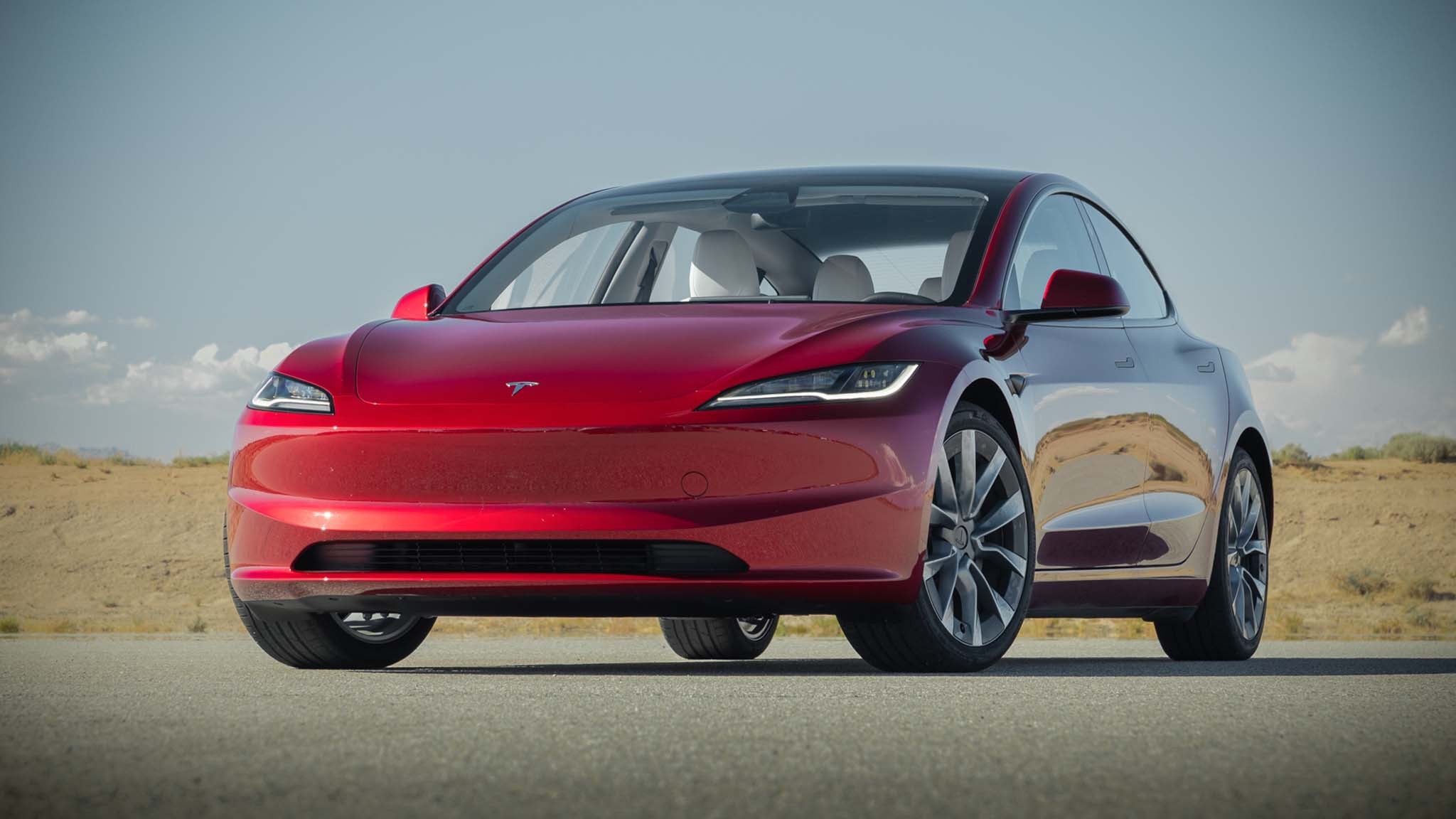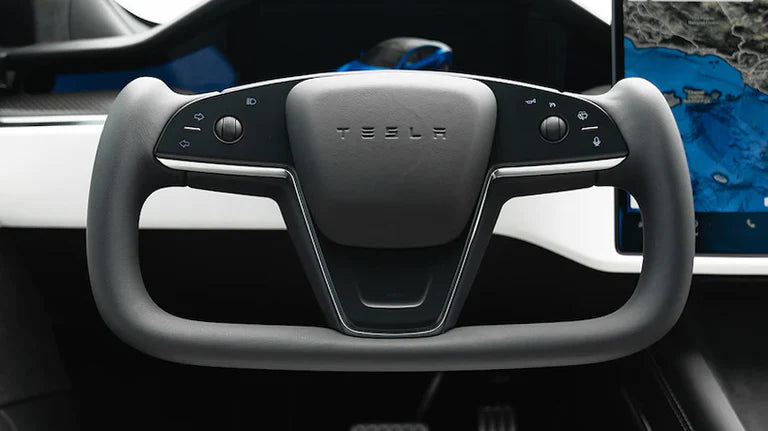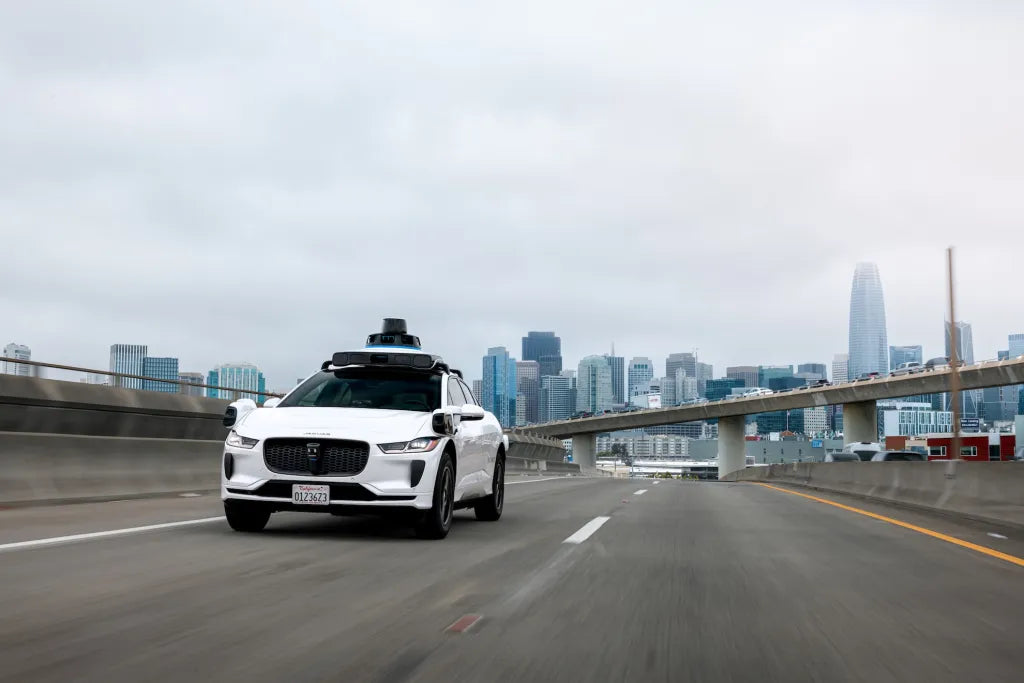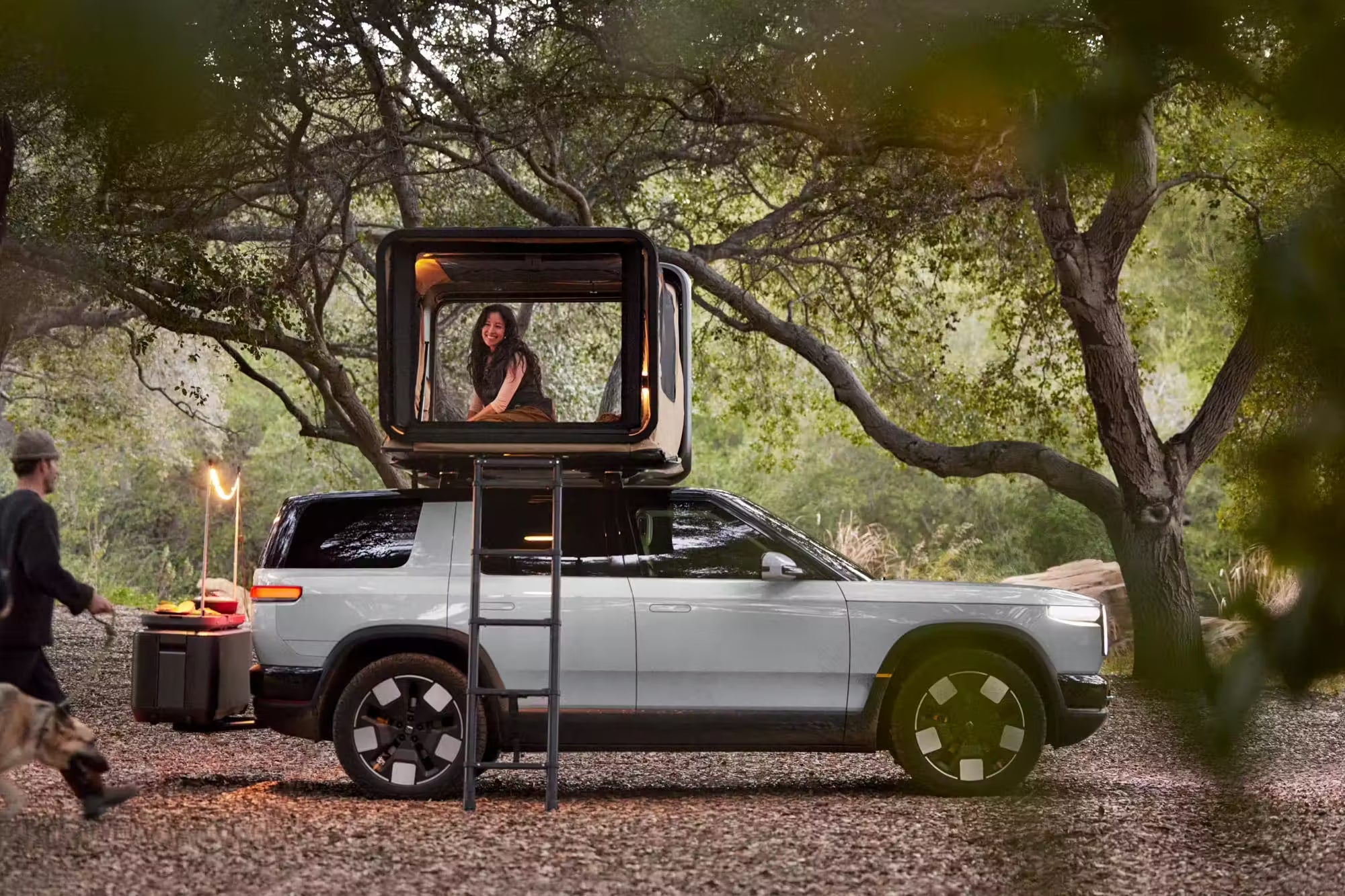A New Strategy to Counter Slowing Demand
Tesla has rolled out a new vehicle rental program that allows customers to rent its electric vehicles directly from the automaker. The move appears to be a strategic effort to revive slowing sales following the removal of the $7,500 U.S. federal EV tax credit, which has caused a noticeable dip in new electric vehicle purchases across the market.
According to EV industry observer Sawyer Merritt, the pilot program quietly launched at select Tesla stores in California. It gives potential buyers a chance to experience a Tesla for several days before deciding to purchase one.

How the Program Works
Under the pilot initiative, customers can rent a Model 3 or Model Y for as little as $60 per day, a Cybertruck for $75 per day, or a Model S or Model X for $90 per day. Each rental includes unlimited mileage, free Supercharger access, and use of the Full Self-Driving (Supervised) feature, as well as full functionality through the Tesla mobile app.
However, the offer is limited to Premium trims only, meaning customers won’t be able to test Standard or Performance variants through the rental service. Those models can still be tried through traditional test drives.
Rental Duration and Restrictions
Each rental must last at least three days, with the first 48 hours offered free of charge, while the maximum duration is seven days. Despite the unlimited mileage, renters must keep the vehicle within California, as the program is currently limited to Tesla’s Costa Mesa and San Diego locations.
Drivers returning the vehicle with less than 50% charge will be billed a $30 fee. On the other hand, Tesla is offering a $250 purchase credit to customers who decide to order a new Tesla within seven days after their rental period ends.
Eligibility and Terms
The program runs through the end of 2025 and is open to drivers aged 21 and older who hold a valid U.S. driver’s license, a credit card, and proof of insurance.
While the pilot remains limited to California, Tesla could expand the initiative nationwide if it successfully boosts conversion rates among potential buyers. The program aligns with Tesla’s broader strategy of reducing barriers to EV adoption and encouraging hands-on experience with its technology.

Tesla Faces Growing Sales Pressure
Despite being the leading EV manufacturer globally, Tesla is feeling the pressure from declining demand and rising competition. According to Cox Automotive, Tesla’s U.S. sales rose 7.5% in the third quarter of 2025, but overall year-to-date deliveries dropped by 4.3%.
The rental initiative represents a low-risk entry point for consumers curious about EV ownership, particularly in the absence of federal incentives. By offering free charging and a brief free trial period, Tesla hopes to convert renters into long-term customers at a time when the brand’s growth curve has begun to flatten.
Recommend Reading: Tesla Loses Key Cybertruck and Model Y Leaders








Aktie:
Tesla Loses Key Cybertruck and Model Y Leaders
Mercedes Slashes $50,000 Off the Maybach EQS SUV to Boost Sales